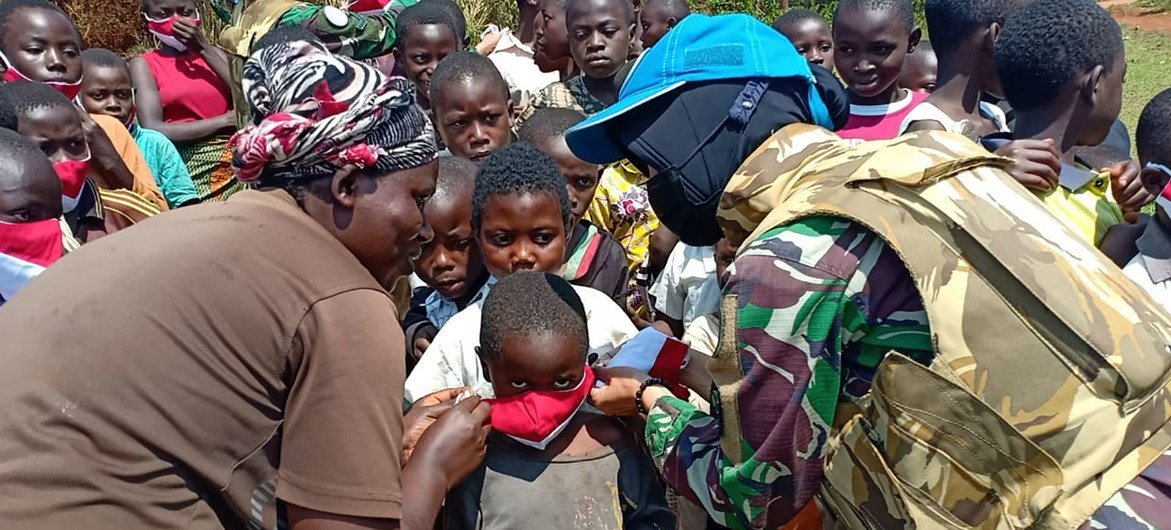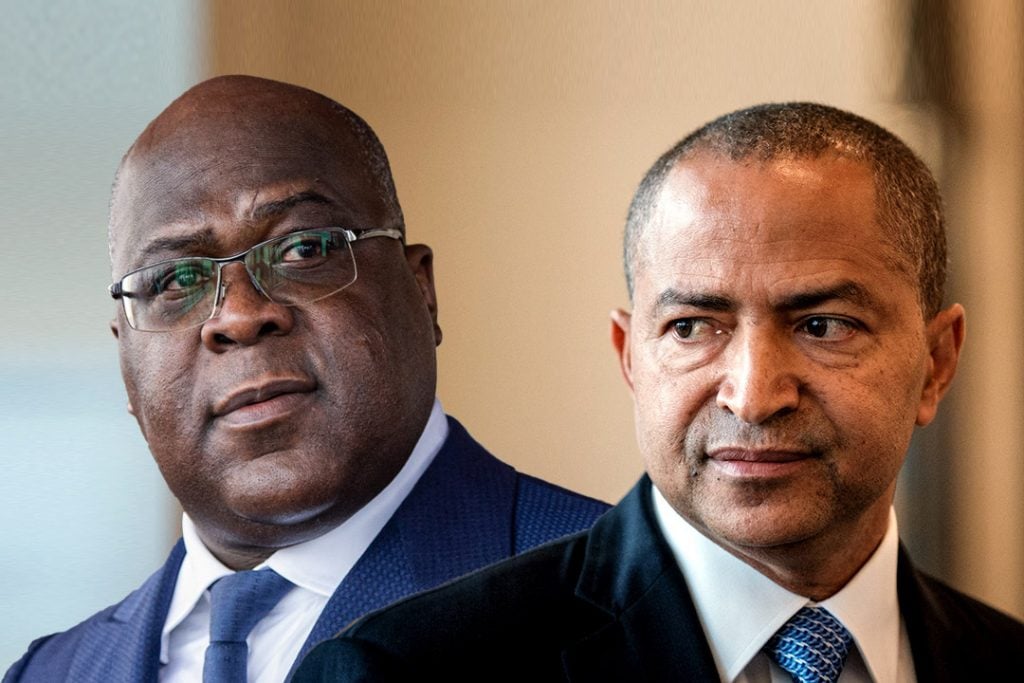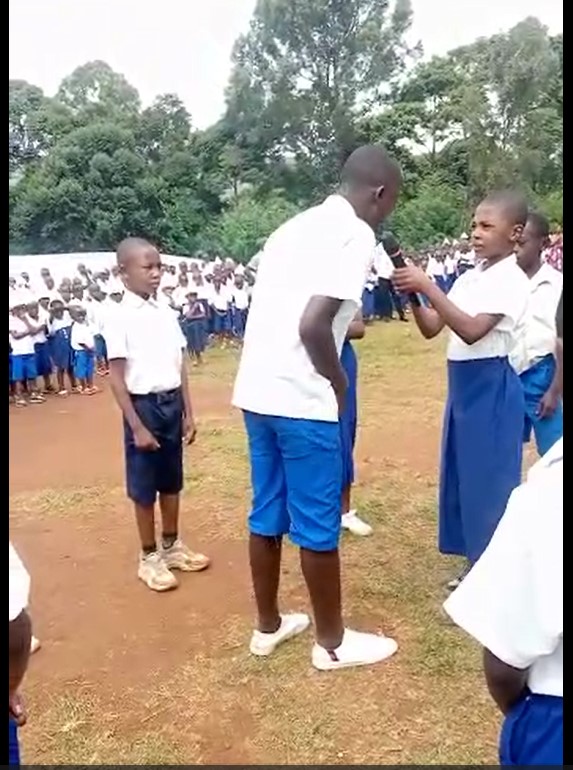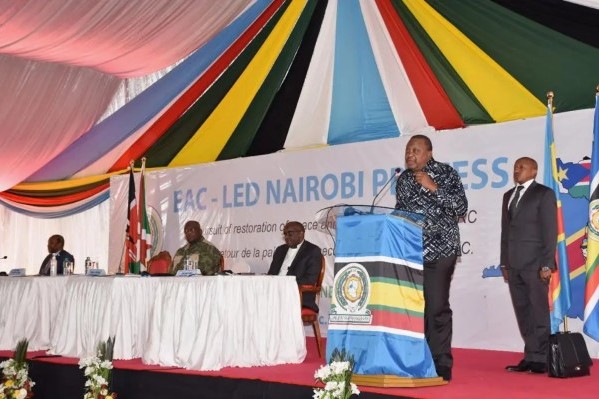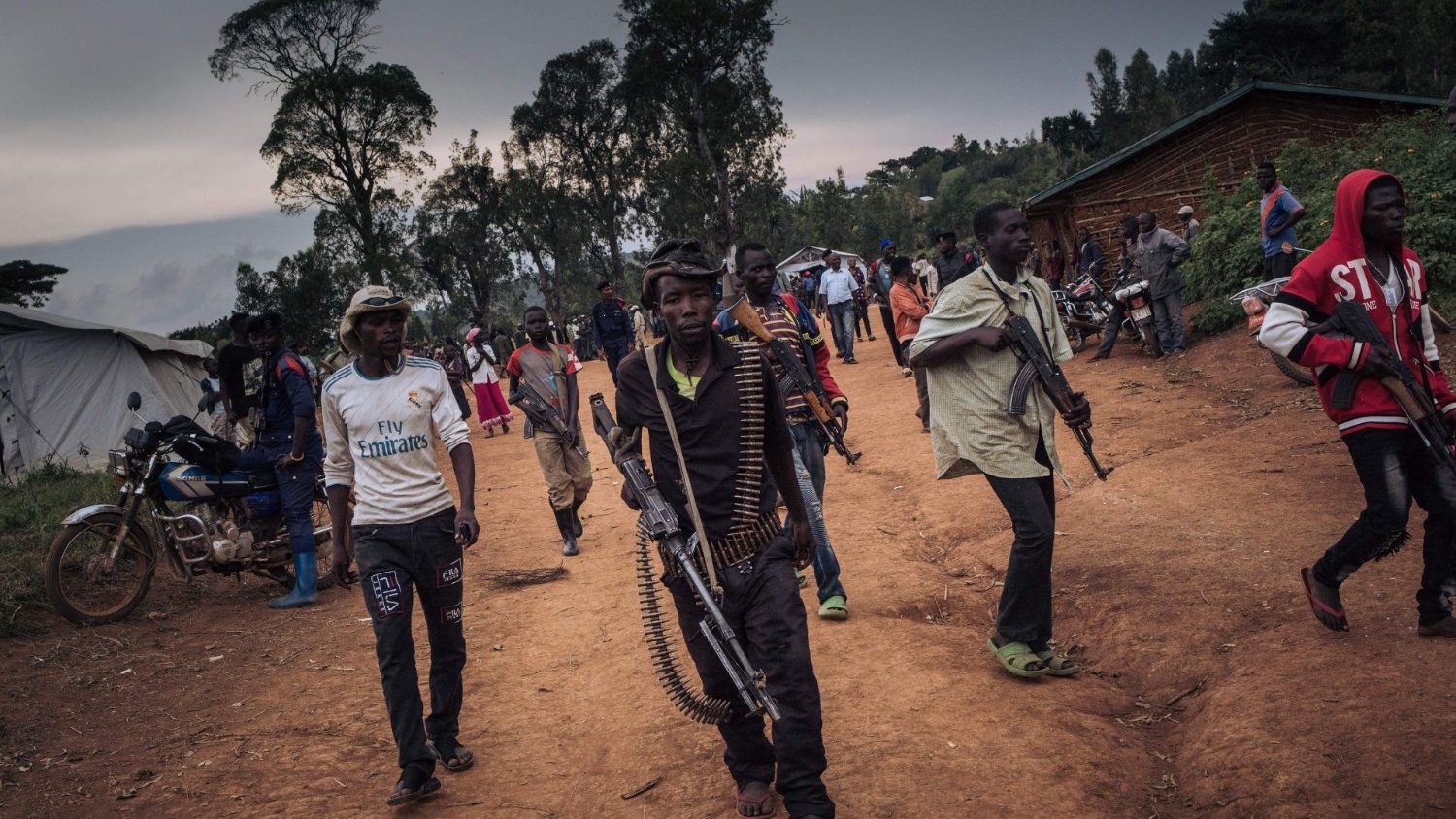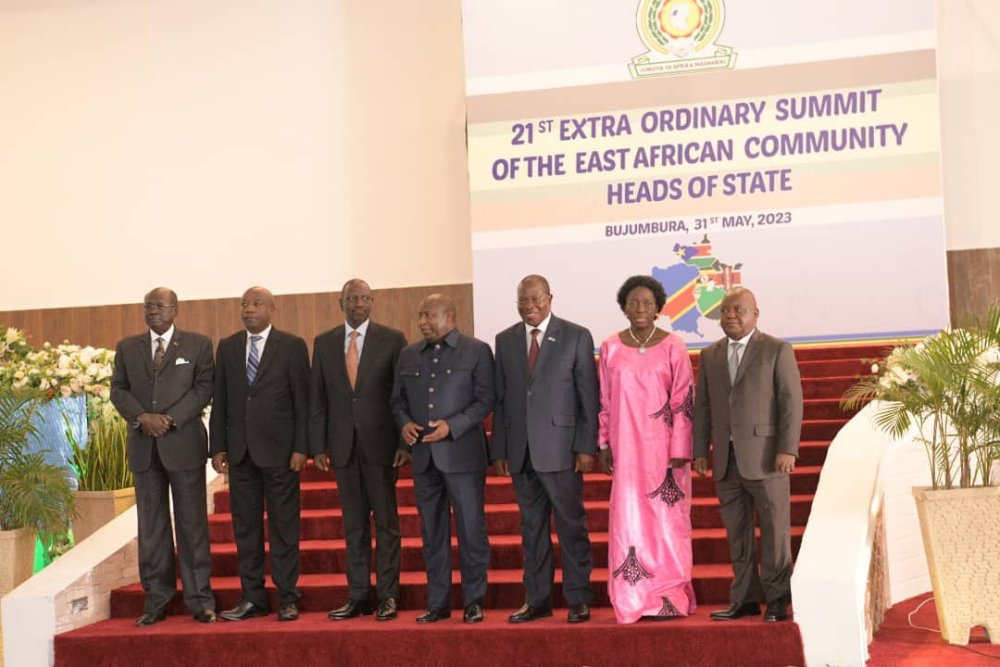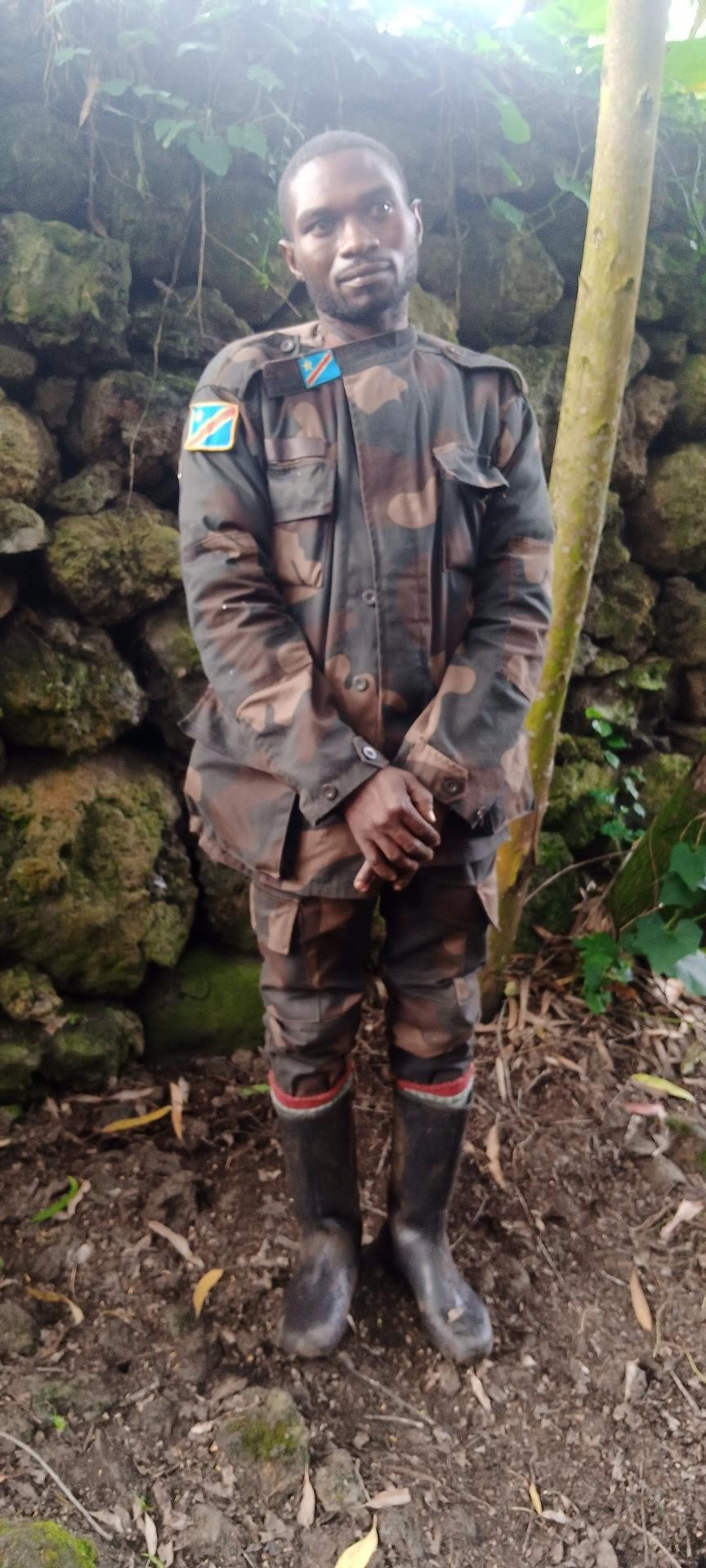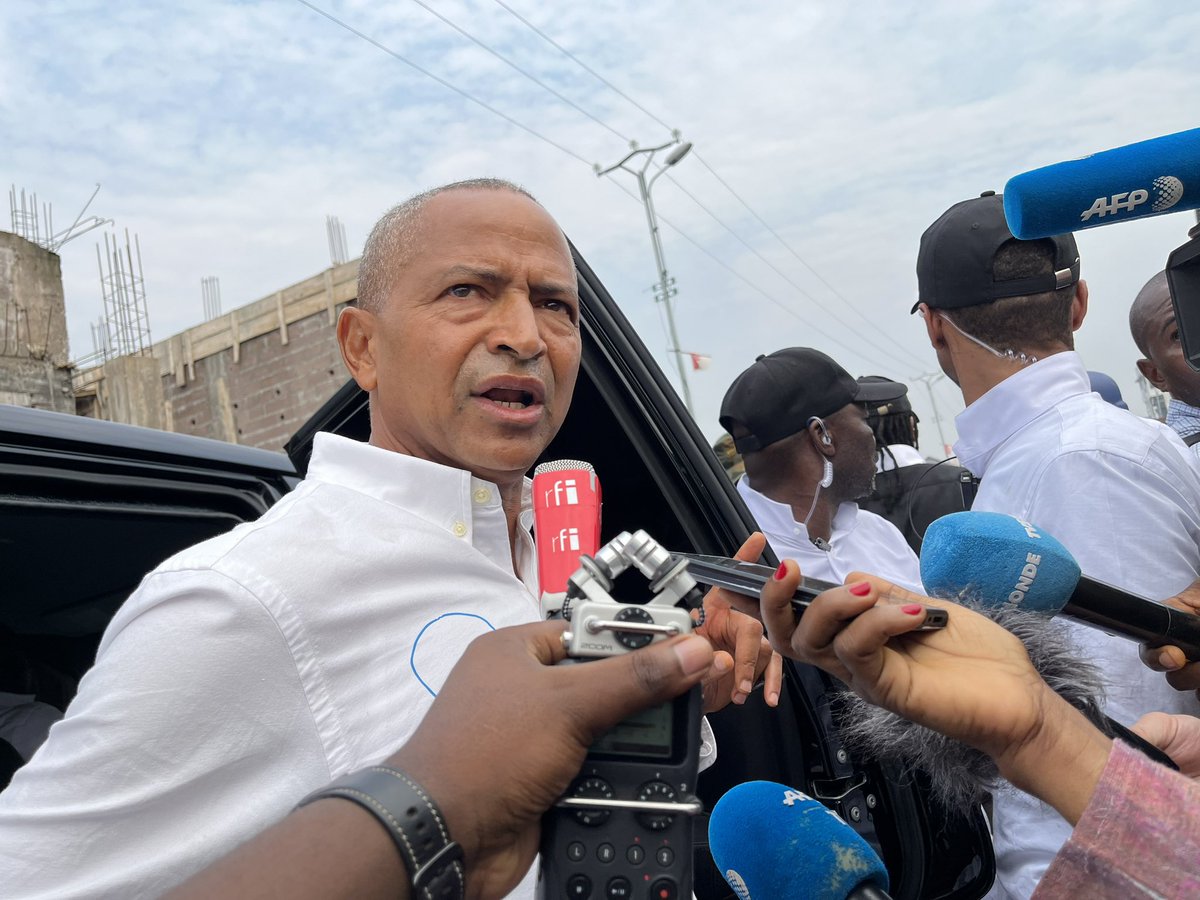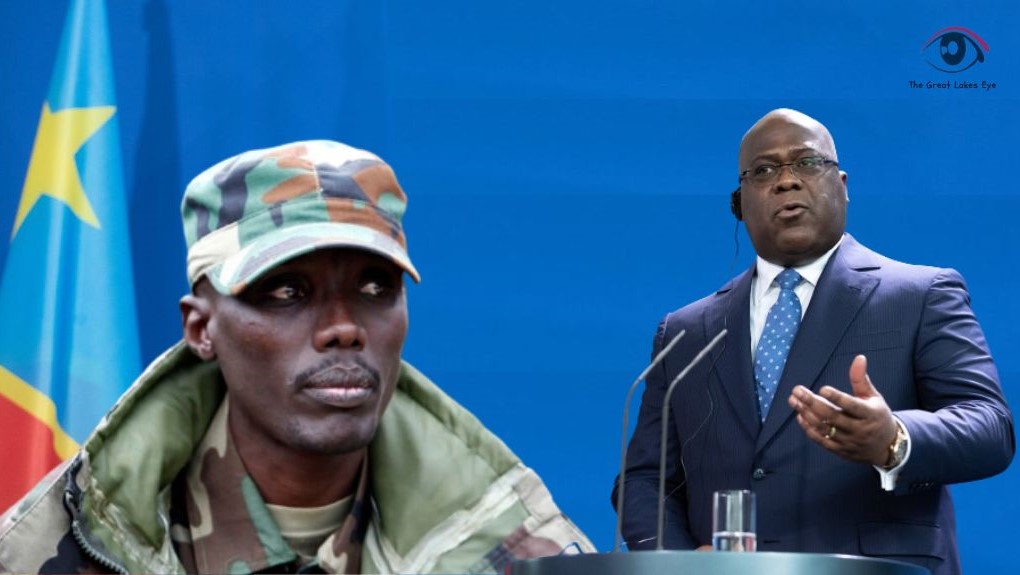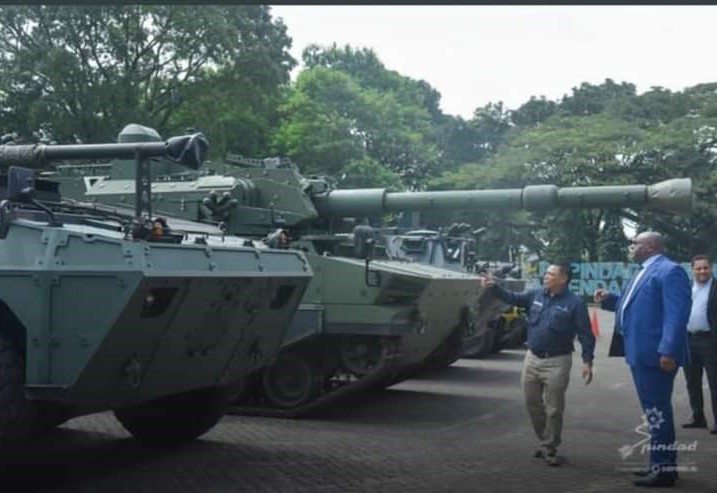Regional
DRC: M23 became Tshisekedi’s tool to stifle opposition
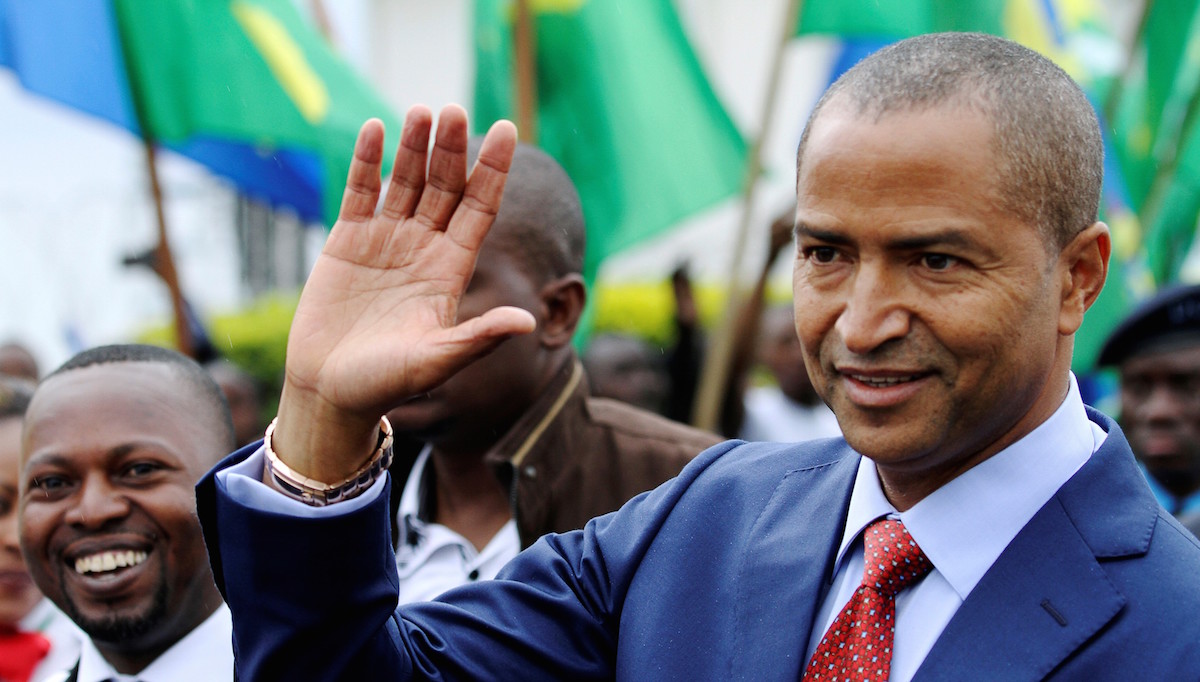
Salomon
Kalonda, an aide to a top Congolese opposition politician, was brutally
arrested by Congolese Military Intelligence agents, at Kinshasa International
Airport, on May 30.
In
a video that went viral in the media, Kalonda is seen being dragged by men in a
white car, which immediately takes off at high speed.
Kalonda
is the special and political advisor of Moise Katumbi, President of ‘Ensemble pour la République’, a
prominent opposition party in DRC, and a candidate in the presidential
elections expected to be held in December 2023.
Related: DRC:
Why Tshisekedi does not qualify for a second term
Related: DRC:
Tshisekedi under pressure
Related: EAC forces show Congolese army right thing to do
The
Congolese military intelligence services communicated, on June 5, that Kalonda
was accused of possessing a firearm, and being in permanent contact with the
officers of the M23 rebels and Rwanda.
The
Congolese army also alleged that Katumbi's adviser conspired with the officers
of the Rwandan army to overthrow the Congolese government. The former
ambassador of Rwanda in the DRC, Amb. Vincent Karega, was also mentioned in the
allegations.
When
Congolese President Félix Tshisekedi was sworn in as president of the DRC
nearly five years ago, it was hailed as a landmark moment - the first peaceful
transfer of power in the vast country's almost six-decade history., The country
which has enormous mineral deposits has been bogged down by conflict and
corruption for decades and, some citizens hoped that Tshisekedi would actually
walk the talk. They were disappointed.
Tshisekedi
pledged to build a strong DRC, turned toward development in peace and security,
and tried or pretended to boost security but ordinary citizens do not feel any
safer than they did five years ago. He did not build a strong DRC but he has,
instead, weakened it more.
Diseases
and poverty aside, one of Tshisekedi's biggest challenges is continued violence
in the east of the country, where more than 130 Congolese and foreign armed
groups continue to cause havoc.
With
six months left to the December presidential election, Tshisekedi is in panic
mode.
He
is using all tactics possible to weaken his opposition, all the while finding a
way to involve Rwanda as a scapegoat for his glaring failure to lead his
country.
Tshisekedi
has been in office since 2019, and this was an opportunity for the new
president to challenge those who doubted his capability, by serving them in a
remarkable way that would earn him a second term. Five years later, there is
nothing tangible he can show the Congolese people in terms of social economic
development of the country.
Today,
the DRC has again been plunged into violence; especially in the eastern part. Corruption, embezzlement of public funds,
poor governance, ethnic discrimination, among others, characterize Tshisekedi’s government. The Congolese people know this. Tshisekedi is
doing everything in his power to hush his critics in the hope of getting
re-elected. Using the M23 and Rwanda scapegoat plot is his best weapon, so far.
The
case with MP Édouard Mwangachuchu, represents this hysteria best. Arrested in
March, the lawmaker was charged with illegal possession of firearms, working
with the M23 rebels, and inciting government soldiers to commit acts contrary
to their duty. During his trial, he made it clear that he is Congolese and not
Rwandan.
But
he was accused of having a ‘Rwandan soul’.
Fortunat Biselele, former private advisor to Tshisekedi, and François
Beya, former security advisor to the President, are other high profile figures
in Kinshasa who were arrested over suspicion of colluding with Kigali. Lt Gen
Philemon Yav, a former FARDC commander who was in charge of operations against
armed groups in eastern DRC was also arrested on the same suspicions.
The alleged collusion
with Rwanda has always been a feature of Congolese politics. Tshisekedi is fuelling chaos in eastern DRC to prolong
the conflict there so that the presidential elections can be postponed. But
this strategy has failed since the EAC regional force has been able to maintain
a ceasefire and enhance peace in the areas vacated by the M23 rebels.
Now Tshisekedi is on plan B, which is using the same
‘culprits’ – M23 rebels and Rwanda – to oppress his opponents.


